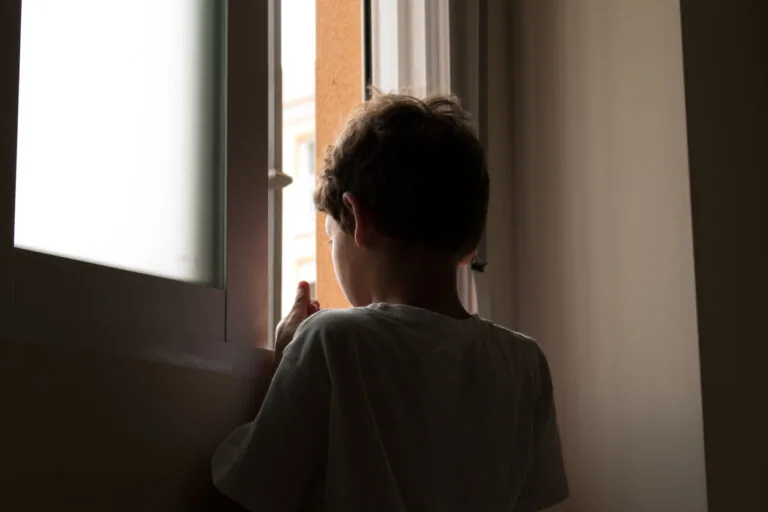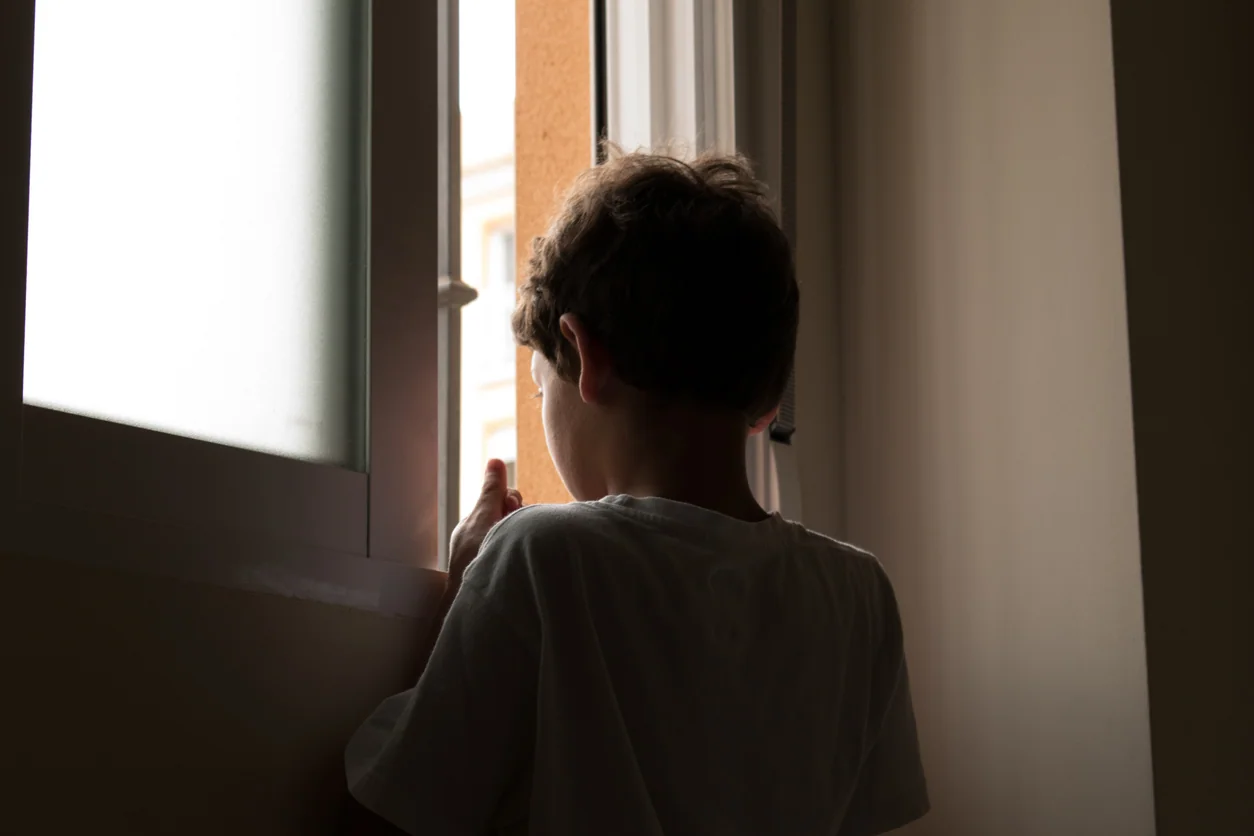Helping Defend the Legal Rights of Minor Children
As a parent, you want to vigorously defend your child’s rights when he or she is accused of a juvenile crime. Go to court with an experienced juvenile delinquency lawyer at your side, and together we will defend the rights of your child. Our tenacious defense and compassionate service will combine to ensure that your child’s record and rights are protected.
If your child has been arrested, the first thing you need to do is find out why he or she was taken into custody and what needs to happen for the child to be released. An interview with a probation officer will happen immediately. This meeting (usually done by phone) is critical.
We Can Help
- Investigation
- Detention
- Juvenile Court System
- Possible Outcomes
- Juvenile Hearings
- Juvenile Placement
- Suspensions And Expulsions
Following an Arrest
Following the arrest of a juvenile, a law enforcement officer has the discretion to release the juvenile to his or her parents or take the child to juvenile hall. The county probation department (the agency responsible for the juvenile hall), has the discretion to accept and “book” the child or not, in which case, the disposition of the juvenile is left to the police. Because most of California’s juvenile facilities are overcrowded, juvenile halls may accept only the most violent juveniles and turn away most other children arrested on lesser crimes.
Juvenile offenders face many possibilities, including:
- juvenile corrections
- detention
- probation
Don’t let your child face these consequences alone. Under California Penal Code §26, children under the age of 14 are not recognized as having the ability to “commit” a crime, so their cases are treated differently by the juvenile courts. But the child will still be subject to the Juvenile court, and can either be given probation, a light sentence, or the harshest penalty: removal from the family to a Juvenile Hall or Ranch.
It is critical you have an experienced Walnut Creek juvenile delinquency attorney at your side to advocate for the rights of your child, the best interest of your child, and the compassion to argue to get your child home or keep him or her out of custody. Your child has the right to a lawyer before being questioned – and to protect his or her rights.
Juvenile Criminal Court in California
Although most juveniles can be arrested for committing crimes like adults, the penalties and laws for handling juvenile crimes are different than (adult) criminal court. The two most significant differences between juvenile and adult courts are:
- Children arrested for a crime under the age of 18 cannot be “released” on bail
- Juvenile court hearings are heard by a judge or commissioner; children have no right to a jury trial
Juveniles can be arrested for either felonies or misdemeanors, depending on the type of crime. For crimes involving violence, crime at school, sexual assault, gang activity or use of weapons, a juvenile can be charged as an adult (if over the age of 14 in California) and be tried in adult court with adult penalties.
If your child has been detained or accused of a crime — but hasn’t been charged yet, you need IMMEDIATE representation for that child. In some cases, we may be able to prevent formal charges from being filed, or work to find a less harsh alternative.
The Law Office of Johnson & Johnson is based in Walnut Creek and proudly serves clients throughout the Bay Area. We represent individuals across Contra Costa County, Alameda County, Napa County, Solano County, Santa Clara County, San Joaquin County, Sonoma County, and San Francisco. Our service areas include cities such as Concord, Martinez, Lafayette, Pleasant Hill, San Ramon, Richmond, Antioch, Pittsburg, Clayton, San Pablo, Oakland, Hayward, Brentwood, and Stockton.

